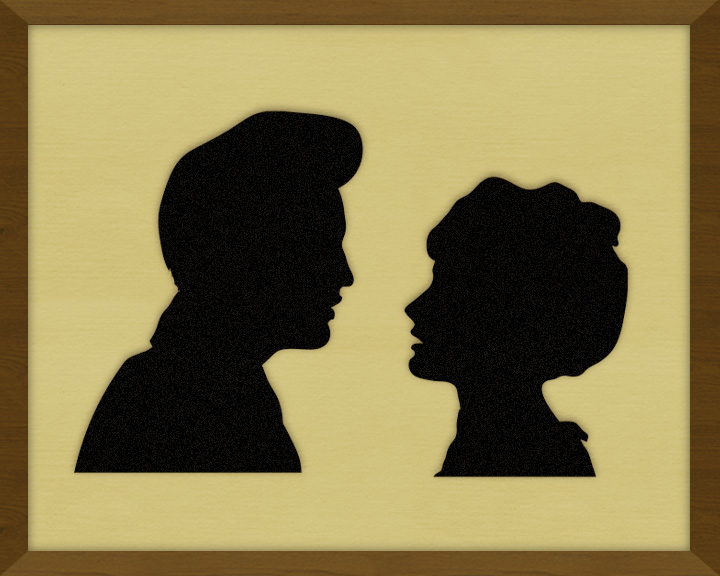When I stepped out of the theater after watching Priscilla, I was initially underwhelmed by the movie. I felt disconnected, unengaged and almost uncomfortable. I didn’t know what exactly to expect after 2022’s high-energy, flashy “Elvis,” directed by Baz Luhrmann, but I had high hopes for “Priscilla.” I was met with a film composed of muted colors and muted emotions — a much more subtle film to reflect a more intimate point of view: Priscilla Presley’s. The film, directed by Sofia Coppola, was released Nov. 3 and shines the spotlight on Priscilla Presley, who was largely kept in the shadows during Elvis’ career.
I quickly realized that the uneasiness I felt was intentional and likely reflective of the deep melancholy and dysfunction of Elvis and Priscilla’s relationship that began when she was just 14, and he was 24. Their age gap is obvious and uncomfortable, but Coppola does not force any opinions onto the audience, who are left to decide for themselves how they feel about it. Presley said in a press conference for the movie that the age difference was not unusual to her: “I was a little bit older in life than in numbers and that was the attraction … But he also respected the fact that I was only 14 years old. We were more in mind and thought.”
The majority of the movie is marked by Priscilla, who was not allowed friends or a job, slinking silently around the Presley’s family home in Memphis, Tennessee waiting for Elvis to return from his most recent movie or tour, or upon his return, spending what seems like the same day over and over, popping pills and lazing in Elvis’ room with him.
“Priscilla” is based heavily on Priscilla Presley’s book, “Elvis and Me,” about her relationship with the rock-and-roll singer, to whom she was the first and only wife. It received Priscilla Presley’s stamp of approval, and she was an executive producer for the movie.
Coppola skillfully captures the reality of the pair’s relationship, which was simultaneously amorous and violent — emotionally and sometimes physically. Based on her other movies, it is no surprise that Coppola is able to encapsulate the idea that there is much more complexity than meets the eye for her female leads. For Priscilla, this was the struggle between having “everything a woman could ever want” as the wife of an exorbitantly wealthy international superstar and a turbulent home life that was mostly spent vying for Presley’s attention.
The quality of A24 films has yet to disappoint me: the film itself was beautiful. The costume and set design were near-perfect. Jacob Elordi and Cailee Spaeny matched Elvis and Priscilla’s looks to a tee, both actors aging 10 years on screen believably and almost imperceptibly — from 14 to 24 — in a little under two hours, and I would believe you if you told me the movie was filmed at the real-life Graceland, Tennessee. The script closely follows the dialogue of “Elvis and Me,” although there is very little speaking on Priscilla’s part. She remains mostly silent as Elvis mumbles through the highs and lows of his life, “baby, baby”-ing Priscilla back to acquiescence after yet another outburst. Her silence is not to be mistaken for passivity, however: there is never any doubt who this movie is about. Priscilla and Elvis’ love is enduring, but Priscilla slowly loses the naivety of their young love and gains autonomy.
Coppola’s movie is poignant, a little bit haunting but eventually liberating. “Priscilla” transcends time and context and speaks to the larger idea about the pain and allure of dysfunctional relationships. Coppola has proven her talent once again at revealing the deeper complexities of what it means to be a woman.
“Priscilla” is showing in theaters now.



